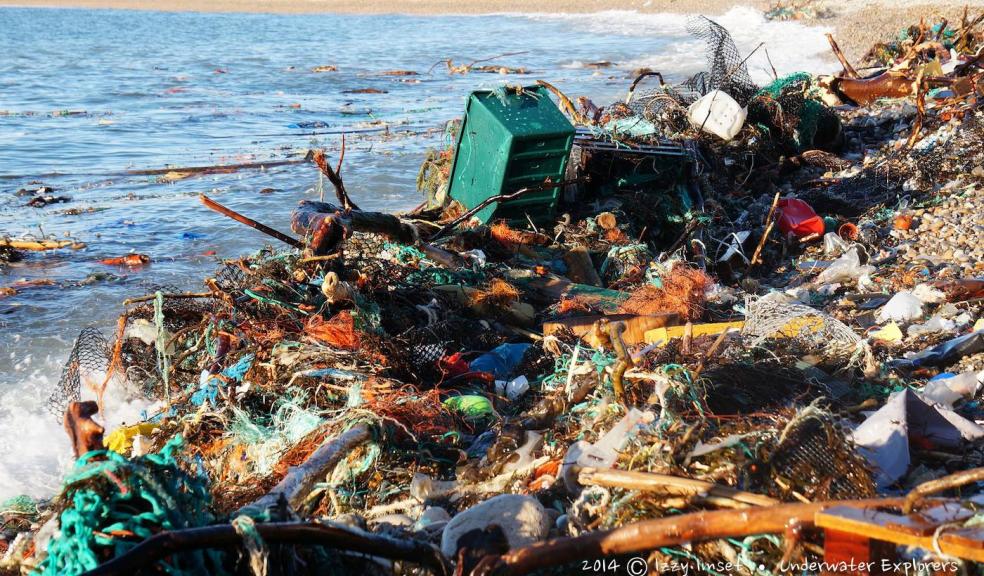
Plea to help clean storm damaged beaches
After a Christmas and New Year period that saw Britain battered by high winds, lashing rain and storm waves believed to be amongst the most extreme in living memory, many of the UK’s beaches have been left strewn with huge amounts of litter.
The Marine Conservation Society (MCS), which organises the annual Beachwatch Big Weekend in September when thousands of people clean and survey hundreds of UK beaches, says now is a good time to get out on the beach and really make a difference.
Lauren Eyles, MCS Beachwatch Officer, says some beaches have been left in a terrible state, but just a few trips and a couple of bin bags could really help: “When it comes to beach cleaning, every little helps. We would urge people to visit their local or favourite beach and pick up some of the rubbish that has either been blown there by the strong winds or washed in by the unusually high tides.
“After storms, the strandline is often higher up the beach than normal and on some beaches that our staff and volunteers have already cleaned we’ve seen much more litter than is usual at this time of the year,” Lauren continues. “Now is a really good time to become a Beachwatch Organiser and get family and friends together down on the beach. MCS needs all the information it can get about where litter on our beaches comes from and by organising a clean and filling out a survey form you can help our campaigns to stop beach litter.”
Plastic bits and pieces have been appearing on our beaches in increasing numbers for over two decades, but storms like the ones we have seen in the last month mean that many unusual items are likely to have been washed up and need clearing away – and some could cause harm to wildlife or human visitors.
“Hundreds of species accidentally eat or become entangled in litter. Litter on our beaches is also hazardous to people – syringes, sharp glass can all pose a real threat,” says Lauren Eyles.
MCS says it’s easy to get cleaning, involving basic equipment such as bin liners and rubber gloves, and the permission of the beach owner – often the local council. If you would like to find out more about how you start beach cleaning then visit www.mcsuk.org/beachwatch where you can download a survey form to record what you find.











